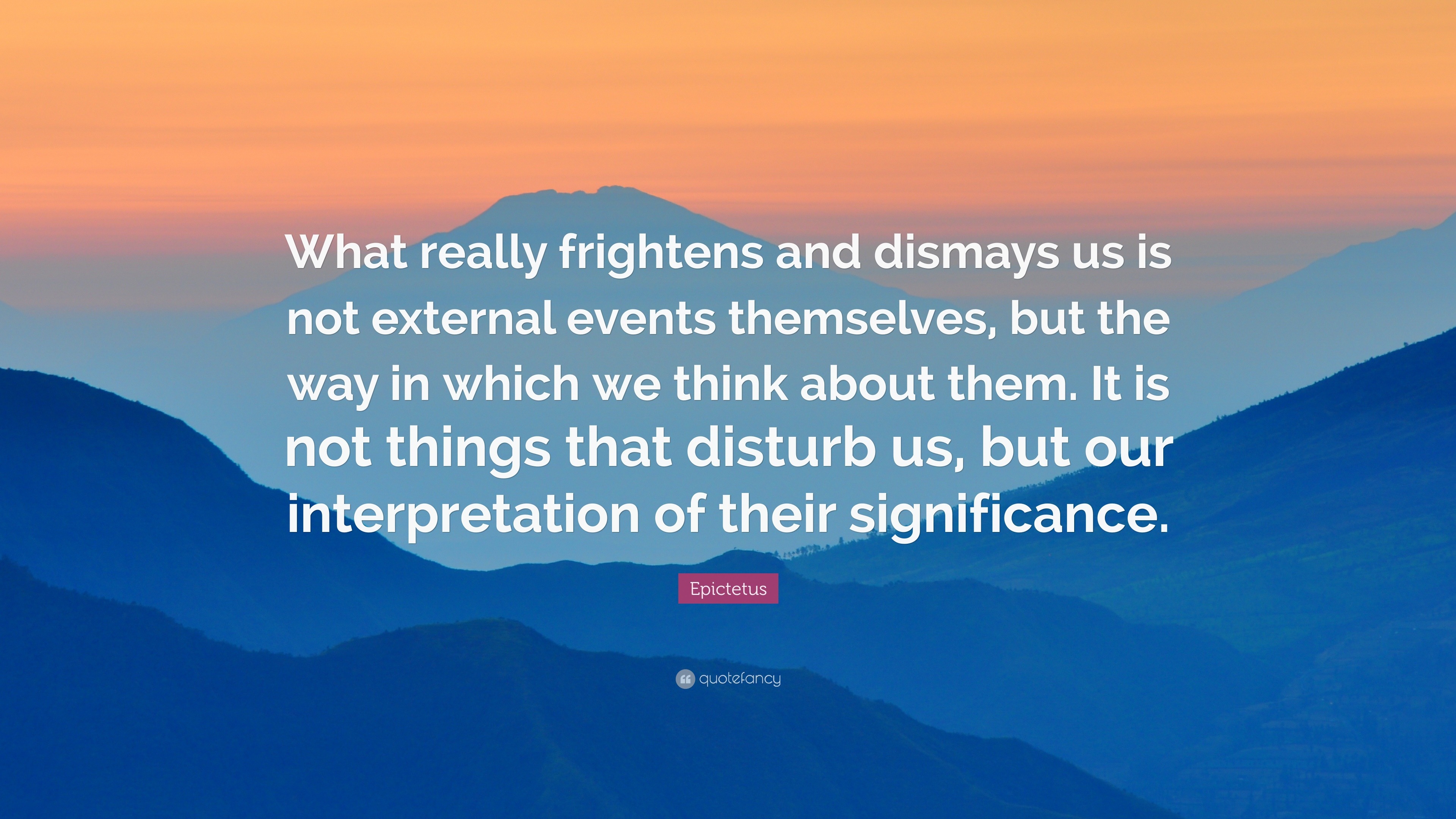CBT - Part One: What is CBT?
 I'm sure you've heard of cognitive behavioural therapy (CBT) before. Actually, I think I have mentioned it a couple of times as well. Simply put, CBT aims at changing your thoughts from distorted to more realistic. It takes a lot of time, as you may imagine, to actually do this. However, CBT is promising, as results from numerous studies show that it can be very helpful to people who suffer from various mental health issues, including depression, anxiety, eating disorders, or even a difficult time in life.
I'm sure you've heard of cognitive behavioural therapy (CBT) before. Actually, I think I have mentioned it a couple of times as well. Simply put, CBT aims at changing your thoughts from distorted to more realistic. It takes a lot of time, as you may imagine, to actually do this. However, CBT is promising, as results from numerous studies show that it can be very helpful to people who suffer from various mental health issues, including depression, anxiety, eating disorders, or even a difficult time in life.This link has a great mini-guide on what CBT is.
CBT is about the connection between our thoughts, actions, and feelings. They are related and impact one another. Consider this: you FEEL anxious because you have a work deadline coming up. Then, you THINK 'oh, no. I'll never get this done! I'll be yelled at by my boss. I am a failure!'. You may find that instead of being productive and doing your work, you isolate yourself, cry, feelexhausted...or even use a coping skill that is not effective (ex. smoke, over or under eat, alcohol, etc.).
 To change this, we need to reflect on the 'steps' that connected our thoughts, actions, and behaviours. Did the thought, action, or feeling trigger the others? Why and how? Often, it is our perception of events that trigger certain thoughts, which lead to emotions. We'll go into more detail about some of these thought patterns in another post, but for now, I want you to think of a moment where you felt horrible. Angry, sad, tired, worried, etc. because of an event or experience in your life. Now, consider:
To change this, we need to reflect on the 'steps' that connected our thoughts, actions, and behaviours. Did the thought, action, or feeling trigger the others? Why and how? Often, it is our perception of events that trigger certain thoughts, which lead to emotions. We'll go into more detail about some of these thought patterns in another post, but for now, I want you to think of a moment where you felt horrible. Angry, sad, tired, worried, etc. because of an event or experience in your life. Now, consider:1) What are my thoughts about myself or about this tough situation?2) What makes me feel this way? What evidence do I have that this is true?
3) What evidence tells me that this thought is not true?
4) What would anyone else in this position feel like? What would they do?
5) How is this affecting my life? How do I wish I could feel right now?
6) What can I do to make myself realize that what I feel is not the best for me? Who can help me? What actions can make me feel in control/relaxed/happy?
If you think about a situation with these few questions in mind, you will start to realize where your feelings or thoughts (or both!) went 'off the charts' and what you can do to 'counteract' these. I know it is easier said than done. Sometimes, it can be helpful to identify the type of thought pattern you are experiencing, as this can help you determine 'why' it is not true or helpful - more on the in another post in this CBT series!
